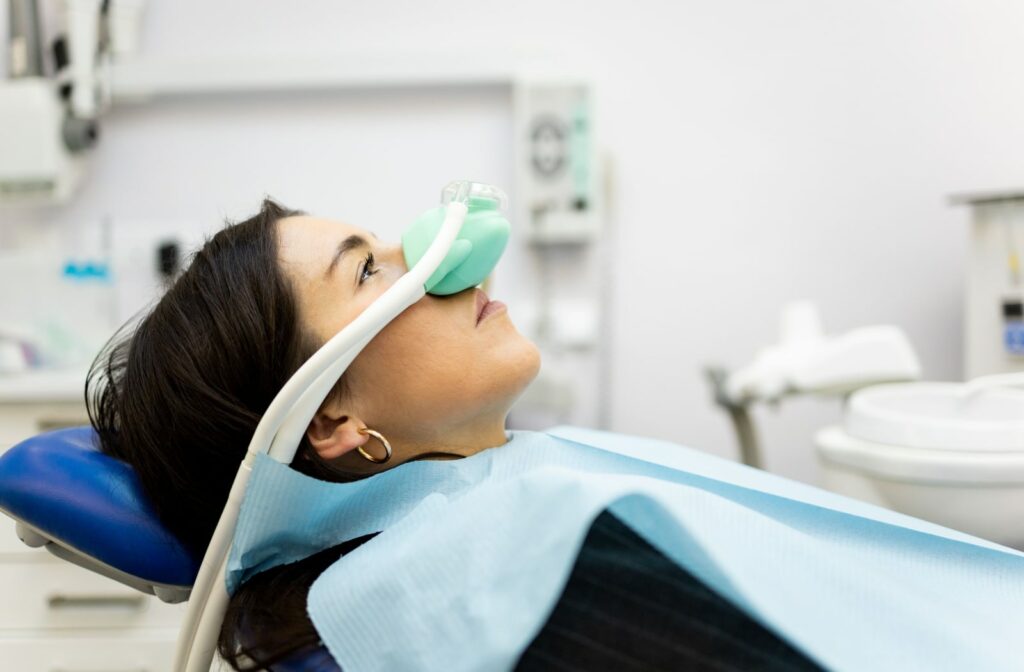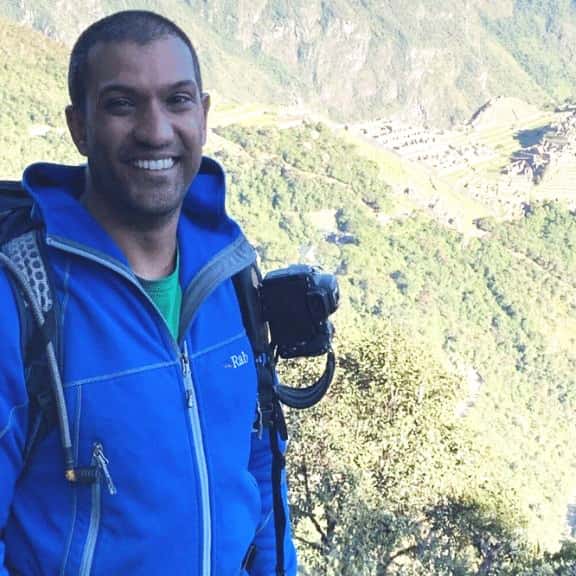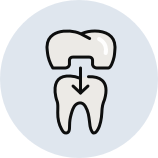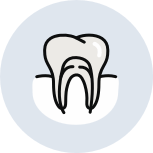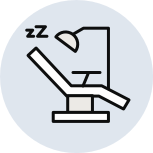Visiting your dentist for routine cleanings and exams is key to maintaining a healthy, beautiful smile. However, it’s important to acknowledge that for some, the prospect of a dental visit can trigger anxiety.
Dental anxiety is serious as it can prevent individuals from seeking care and treatment for their dental concerns, which can lead to further oral health issues.
Sedation dentistry uses medication to help create a gentle and relaxing environment for patients during their dental treatments and procedures.
Many patients can benefit from sedation dentistry. Consult with your dentist to determine how sedation can be incorporated into your dental visits.
Who Can Benefit From Sedation Dentistry?
Anyone can benefit from sedation dentistry, and this option is not limited to patients who experience dental anxiety. We’ve found that patients who feel relaxed and comfortable during their dental visits are more likely to maintain regular checkups. Routine exams and cleanings can help prevent dental health concerns and maintain healthy smiles.
Sedation is safe for children. Kids who are hesitant or worried about their visit to the dentist may benefit from sedation. Plus, kids can be unpredictable, and it may be hard for some to sit still for long periods.
Excessive moving during dental treatments and procedures can be stressful for the dental team. Sedation helps keep children calm, relaxed, and less fidgety, helping the procedures and treatments go smoothly.
Individuals with dental anxiety may have a difficult time coming to the dentist. Avoiding the dentist entirely can impact dental health and lead to serious health issues. Our team can provide patients with sedation and drill-free treatment options to keep them relaxed and calm during their appointments.
Sedation may be used during lengthy, complex dental procedures like surgeries, implants, and root canals. This helps to avoid any uncomfortable sensations patients may experience during certain procedures. Patients with heightened pain and tooth sensitivity or low pain tolerance can also benefit from the comfort of dental sedation.
What Kind of Sedation Is Used?
There are several different forms of sedation dentistry. Our team at Outdoor Dental uses:
- Local anesthesia
- Nitrous oxide sedation
- Oral conscious sedation
- IV sedation
A variety of factors determines the type of sedation a patient may receive, such as:
- Anxiety levels
- Length of the procedure
- Health history
With a local anesthetic, your dentist numbs the tooth or the area around the tooth that will be undergoing treatment. The initial numbing may feel uncomfortable, but it’s minimally invasive and provides relief from pain and discomfort. The numbness from a local anesthetic typically remains for a few hours. Avoid eating or drinking hot liquids until the numbing wears off.
Nitrous oxide, or “laughing gas,” is inhaled through a mask placed over the patient’s mouth and nose. The calming effect can be felt quickly, typically in about 3-5 minutes. After the procedure is finished, you will be given pure oxygen to flush any of the laughing gas out of your system.
Oral conscious sedation refers to using oral medication that is ingested about an hour before the procedure. Dentists may use liquid medication for children. Oral sedation can make individuals drowsy. You may fall asleep during the procedure, and that’s okay! It won’t be a deep sleep; we can nudge you awake if we have any questions.
IV sedation is the deepest form of sedation that is offered at Outdoor Dental. A sedative enters into the bloodstream through an IV line. Your dentist will monitor your heart rate, blood pressure, and oxygen levels during the procedure. The sedation dose can be adjusted throughout the procedure. Medication to reverse the effects of IV sedation can be given at any moment if needed.
Individuals who receive IV sedation typically fall asleep during their visit and have little to no memory of the procedure when they wake up.
Consult with your dentist to determine which sedation method is best for you.
How Can I Prepare For Sedation?
You can prepare for your procedure using sedation dentistry in a few ways.
Drink lots of water before your appointment to avoid dehydration. We recommend drinking 6-8 glasses of water the day before your visit.
Arrive at your appointment with an empty stomach. Avoid eating or drinking after midnight the night before your appointment. Keeping your stomach empty helps prevent nausea.
Feel free to bring your headphones. Listening to music, audiobooks, or podcasts can make relaxing easier. Some appointments may feel long, but entertainment can help make time go by faster.
Before your appointment, arrange for someone you trust to take you home. Oral or IV sedation will leave you feeling very groggy and tired upon waking up. Prioritize your safety and arrange for a ride home.
Give your body the chance to relax after an appointment. Depending on the intensity of the sedation and the invasiveness of the dental treatment you received, give yourself a day off of work or school to rest.
Are There Risks With Sedation?
Sedation dentistry is safe, but there are side effects that some patients may experience:
- Nausea and vomiting: This should go away after a few hours. We advise patients to arrive on an empty stomach.
- Dry mouth: Saliva may be temporarily absent. This can happen after using certain sedative medications.
- Headaches: Different types of sedatives can affect individuals differently, and headaches are among the potential side effects for some people.
- Bruising: You may experience bruising from IV insertion.
Children may experience the same side effects in addition to ones related to their age:
- Irritability: Some children may become irritable from a post-sedation “hangover.”
- Snoring: Sedation can cause mild airway obstruction, so snoring may be more noticeable a few days after the procedure.
Schedule a Consult With Us in SE Calgary
Dental care is an important part of our health and wellness. Avoiding the dentist can lead to serious dental complications.
Dental sedation can help individuals receive the care necessary to maintain healthy, beautiful smiles! Schedule a visit to learn which sedation option is right for you.

